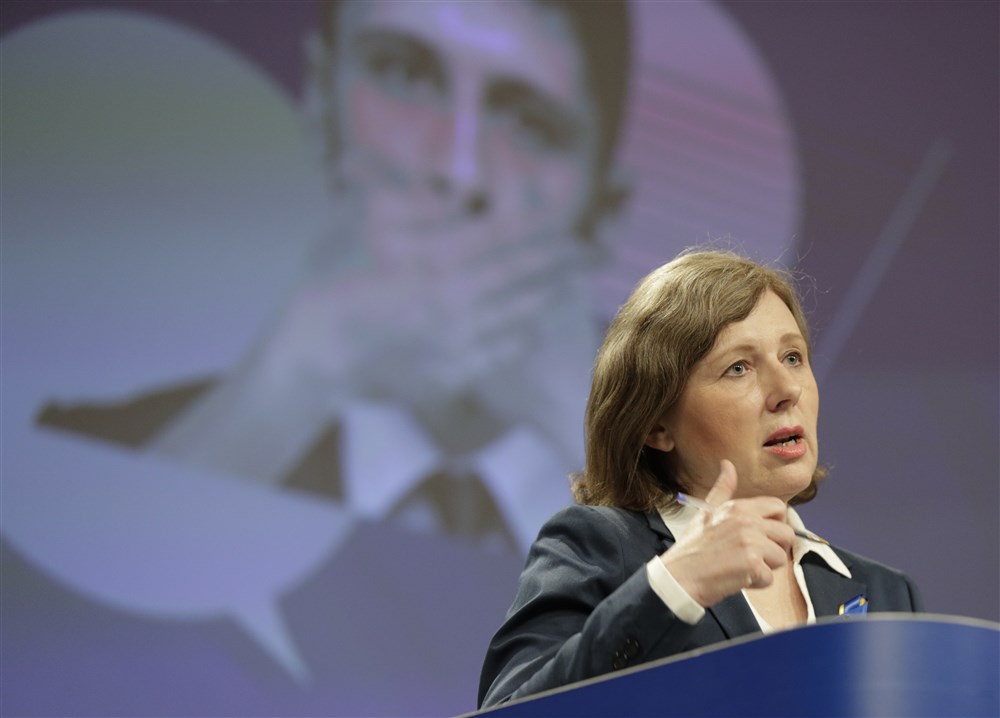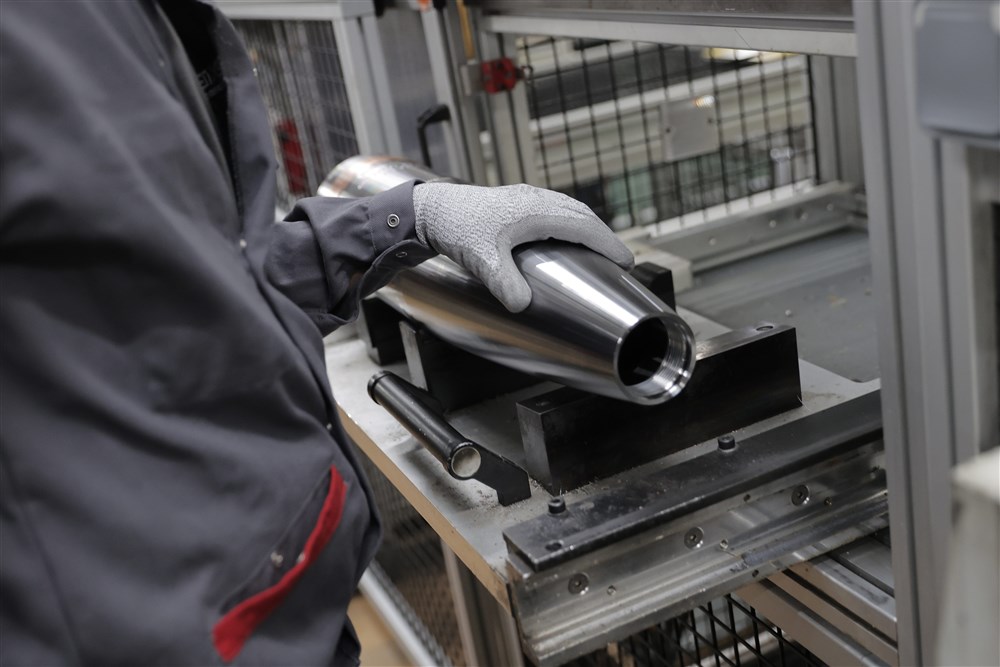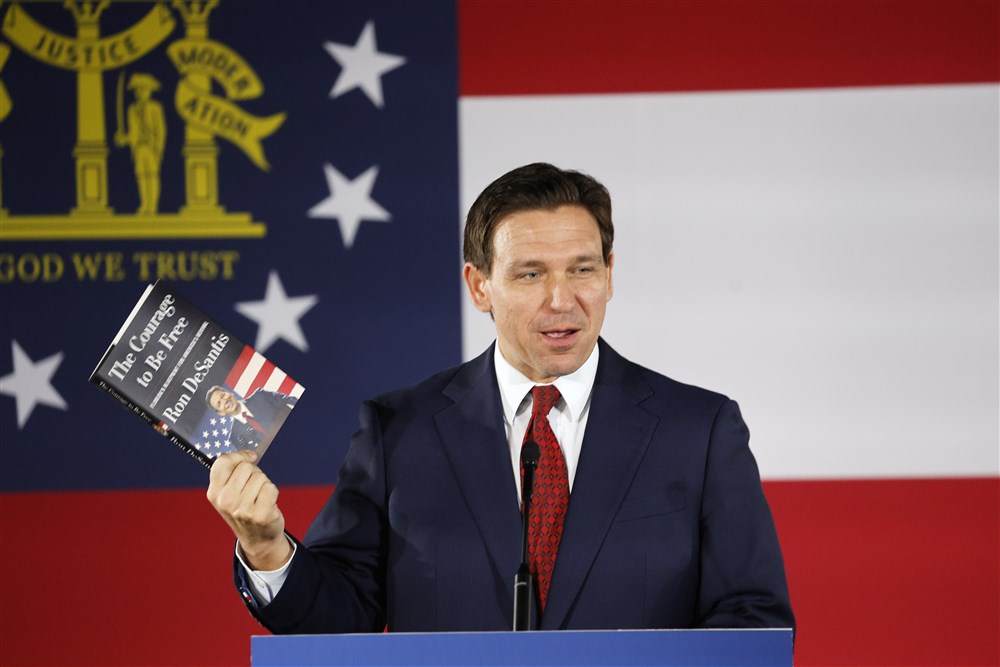Kosovo’s government has dismissed the team responsible for negotiations on Serbian-majority regions in Kosovo just days after the latest EU-backed talks between leaders of the two countries.
“It’s a non-starter in 90 per cent of content,” Petrit Selimi, a former official in the Kosovo Ministry of Foreign Affairs, said in a Tweet claiming to show a draft the team had been working on—and which the Kosovo government took exception to.
Leaders came to Brussels on May 2 to discuss the potential establishment of ethnic-Serb communities in Kosovo, granting them a degree of autonomy, through the formation of the Association/Community of Serb-majority municipalities, known as ASM.
The dismissal follows the apparent breakdown of the “normalisation” pact on April 24, when Serbia voted against Kosovo joining the Council of Europe. As part of the agreement, neither country was supposed to impede the other’s progress toward joining international bodies.
Selimi claimed that one diplomat said the draft couldn’t pass a “laughability test” due to the scale of Belgrade’s demands, given that the ASM would be able to “execute laws”, “organise referendums” and “establish institutions [and] agencies” within Kosovo.
https://twitter.com/Petrit/status/1653683292661579777?s=20
He also took aim at the Kosovo government, saying it “had several years to prepare [an] exact, concise proposal that would be constructive [and] based on functional European models.” Because it hadn’t, now there was a “risk” of the EU drafting “some compromise”.
He also claimed the “tone of Serbian gov[ernment] media is increasingly hostile to Kosovo [and the] West,” highlighting the response in Serbia to the dismissal, with headlines from Serbian newspapers criticising both Kosovo—while using a “racist” derogatory term to refer to the country, according to Petrit—and the West for “destroying” the ASM.
Kosovo Prime Minister Albin Kurti and Serbian President Aleksandar Vucic met on May 2 as part of ongoing discussions to improve relations based on the EU plan reached March 18 in the Macedonian city of Ohrid. The nations have been at loggerheads since Kosovo declared independence in 2008.
Kosovo’s Minister of Administration and Local Government Elbert Krasniqi dismissed the ASM management team because the draft was “fundamentally incompatible with the Constitution, legality and democracy,” reports the Kosovo-based Prishtina Insight digital and print magazine.
The ASM covers ten Serb-majority municipalities in Kosovo: six of them in the south, and four in the in the north. The agreement reached in Ohrid, which consists of 11 articles, does not require Serbia to recognise Kosovo but requires both countries to accept each other’s documents and symbols, including passports, diplomas, and licence plates.
Licence plates were behind tempers between the two countries rising last year, after the government in Pristina announced that all vehicles belonging to Kosovo citizens had to carry Pristina-issued plates. This went down badly with the ethnic Serb population in the north of the country who use Serbia-issued plates, resulting in roadblock, walkouts and even a mobilisation of Serbian security forces.
At the European Commission press conference on May 4, the question was raised about whether the March “reconciliation” pact was still viable given the dismissal of the Association team and the fact that neither Kosovo or Serbia have actually signed up to the EU plan.
“The parties committed to work on the full implementation [of the plan],” said Peter Stano, the EC’s lead spokesperson for foreign affairs and security policy. Implementation would be “directly linked to their [EU] accession process”, he said, which means “concrete consequences, political and financial, for not delivering or for delivering. This is very clear.”
He repeated, as he has done for several days, that “whether there was something signed or not” was less important than the “political commitment captured” in the agreement. The agreement is unsigned.
Stano noted that the meeting on May 2 had seen “consensus” in some areas and that the two leaders “agreed to continue to work on practical steps” toward the agreement.
He highlighted the agreement reached to co-operate in the locating and identifying of more than 1,000 people still missing from the 1998-99 war.
During the Kosovo conflict, ethnic Albanians opposed the forces of the Federal Republic of Yugoslavia—Serbia and Montenegro—which controlled Kosovo before the war. The conflict ended when NATO intervened, beginning air strikes in March 1999, which resulted in Yugoslav forces withdrawing from Kosovo.
Kosovo declared independence on 17 February 2008. Serbia, backed by Russia, said the declaration was illegal. Serbs living in Kosovo largely opposed Kosovar independence too. Several EU Member States have not recognised Kosovo.
“Frankly, many of us were naive believing the [EU plan] will be rooted in firm policies [and] desire for progress,” Selimi said. “It’s very far from achieving this.”





